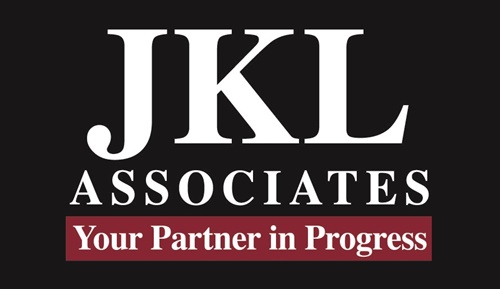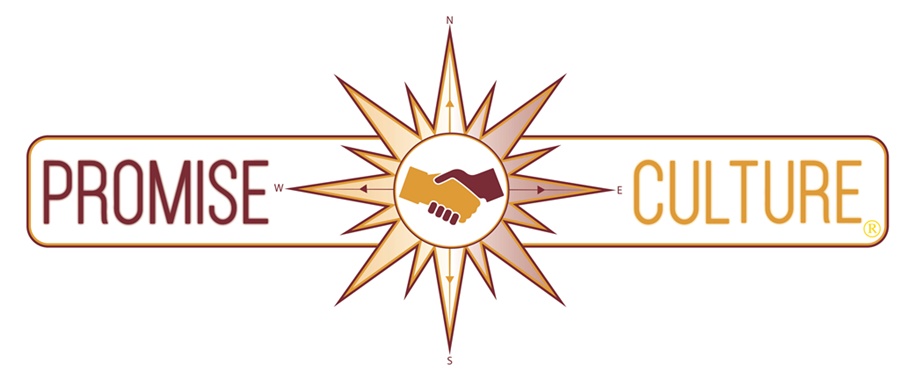August 15, 2019
ISSN# 1545-2646
Slow down, You move to fast
I hope you had some time to sense your emotions that were taking place in your world over the past week. There is still time to get in on the no charge/no commitment TriMetrix EQ assessment insights report. A simple email to YourGuide@PromiseCulture.com requesting an assessment will get you hooked up with a significant value report to assist you in How you go about things, What drives you to do things and the Means by which you acknowledge and manage your emotions for better outcomes.
So last week we had you look at your awareness of your emotions in the workplace and social life. For many of us this whole emotion thing is foreign. Like traveling to a country where no one speaks your language, yet you still need to navigate to a specific end location or results. As you don’t speak the language, don’t live in that part of the world (your emotions world) you don’t even know how to communicate with your own emotions. I will say this, the younger you are or the older and more wisdom has set in, the slightly easier this is to engage with your emotions. This, from my perspective, is partly due to past practices of up bringing and more so today the emergence of allowing emotions to be a useful and important part of life itself.
You may recall my example from last week about my employee who lost a loved one and at the time I totally botched up how that situation should have been handled. (I’m actually very thankful that event took place because it has taught me many extremely important lessons which I share here so you don’t have to make the same mistakes.) That event needs to be broken down into some parts so we can all become better at understanding the value, importance and use of Emotional Intelligence in the workplace and in everyday situations.
The first part we touched on last week was becoming and being present and aware of the emotions of the situations. Being aware of your emotions and being aware of the social or other’s emotions. This takes some practice to get in communincation with our own emotions because we don’t or have not learned the language of emotions.
The second part is when we take our more natural action-based effort to manage, navigate or regulate our understanding of our emotions at a given point in time. We either act or not act so that our emotional intelligence can be a more contributive part of the best outcome rather than ignoring them.
The combination of awareness (you and other’s emotions) and the regulation (action taken or withheld) will, when orchestrated, have an enormous positive impact on the event outcome, the people involved and how your internal self resonates with the use of this newfound intelligence.
Another key in this emotional intelligence is the level or degree to which you are motivated to be aware and then to regulate your knowledge to the best results. Some of you may in fact have a real strong awareness of the emotions of yourself and others but elect to suppress the use of that information or regulate it out of the situation. Others might not be so in communication with their and other’s emotions but have a very high ability to regulate even the smallest of insights to an effective outcome. Your internal motivation and what is driving your core plays into whether you will use your newfound intelligence or simply sweep it under the rug.
Emotional intelligence is part of your daily business. Call JKL Associates a call at (313) 527-7945 or (407)984-7246 to make sure you are aware of the impact it is truly having.
Questions or comments – email us at partners@jklassociates.com or call our Offices – MI at (313) 527-7945 FL at (407) 984-7246
Our Purpose – To build Relationships rooted in “Purpose” so authentic contributions deliver “Promises”
A life where a “Promise” means something!

